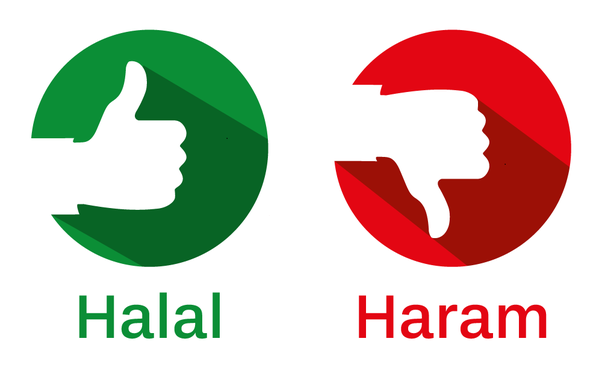Halal and Haram Project By FMO: Ensuring Halal Compliance in Packaged Food Products
Short Description: Explore the FMO Halal Haram Project, a groundbreaking initiative by For Muslims Organization (FMO), dedicated to verifying the halal status of packaged food products. Discover how we’re helping Muslims make informed choices about what they consume.
Assalamualaikum Warahmatullahi Wabarkatuhu,
Welcome to the FMO Halal Haram Project, an innovative initiative by For Muslims Organization (FMO) aimed at ensuring the halal compliance of packaged food products. In today’s fast-paced world, where packaged foods dominate our supermarket shelves, it’s essential for Muslims to have access to accurate information about the halal status of the products they consume. With the FMO Halal Haram Project, we’re empowering Muslims to make informed dietary choices and adhere to their religious beliefs.
Understanding E-codes, Food Additives, and More:
Before delving into the specifics of our project, let’s first understand some key terms. E-codes, also known as European food additive codes, are a system used in the European Union to classify food additives. These additives, often listed as mysterious numbers on food labels, include preservatives, colorants, flavor enhancers, emulsifiers, and stabilizers. INS numbers, or International Numbering System for Food Additives, serve a similar purpose on a global scale.
Food additives play a crucial role in packaged food products, improving flavor, texture, appearance, and shelf life. However, not all additives are created equal. Some may be derived from halal sources, while others may raise doubts or even be considered haram.
Deciphering Halal, Doubtful, and Haram:
In our project, we categorize food products into three main classifications: halal, doubtful, and haram. Halal products are those that meet Islamic dietary guidelines, sourced from permissible ingredients and prepared in accordance with halal principles. Doubtful products raise concerns due to unclear or questionable ingredients, while haram products contain forbidden substances, such as alcohol, non-zabiha animal extracts, or emulsifiers from haram sources.
Navigating the Halal-Haram Spectrum:
One of the key challenges in determining the halal status of packaged food products lies in deciphering the complex world of food additives. Take, for example, E322 (Lecithin), a common emulsifier used to improve texture and stability in food products. While lecithin derived from soybeans is halal, that sourced from animal fats is haram. Similarly, E120 (Cochineal, Carminic Acid), a red colorant, is considered haram due to its origin from insects.
Our Verification Process:
At FMO Halal Haram Project, we employ a rigorous verification process to determine the status of packaged food products. We begin by consulting authentic sources and channels to ascertain if Islamic scholars have labeled a product as halal or haram. If no such designation exists, we meticulously examine the product’s ingredients and cross-reference them with our database of food additives, E-codes, and INS numbers.
The Role of Our Volunteers and Sponsors:
Our project wouldn’t be possible without the dedication of our volunteers and the support of our sponsors. As we continue to expand our database and enhance our software, we invite individuals to join us as volunteers or sponsors, contributing their time, expertise, or financial resources to further our mission.
Conclusion:
The FMO Halal Haram Project is more than just a database—it’s a symbol of our commitment to promoting halal consumption practices among Muslims worldwide. By providing transparent and reliable information about packaged food products, we empower individuals to make choices aligned with their faith and dietary preferences. Together, let’s build a healthier, halal-conscious community.
Jazakallahu Khair for Your Support!
FOR MORE PLEASE DO WATCH OUR INTRODUCTION VIDEO


